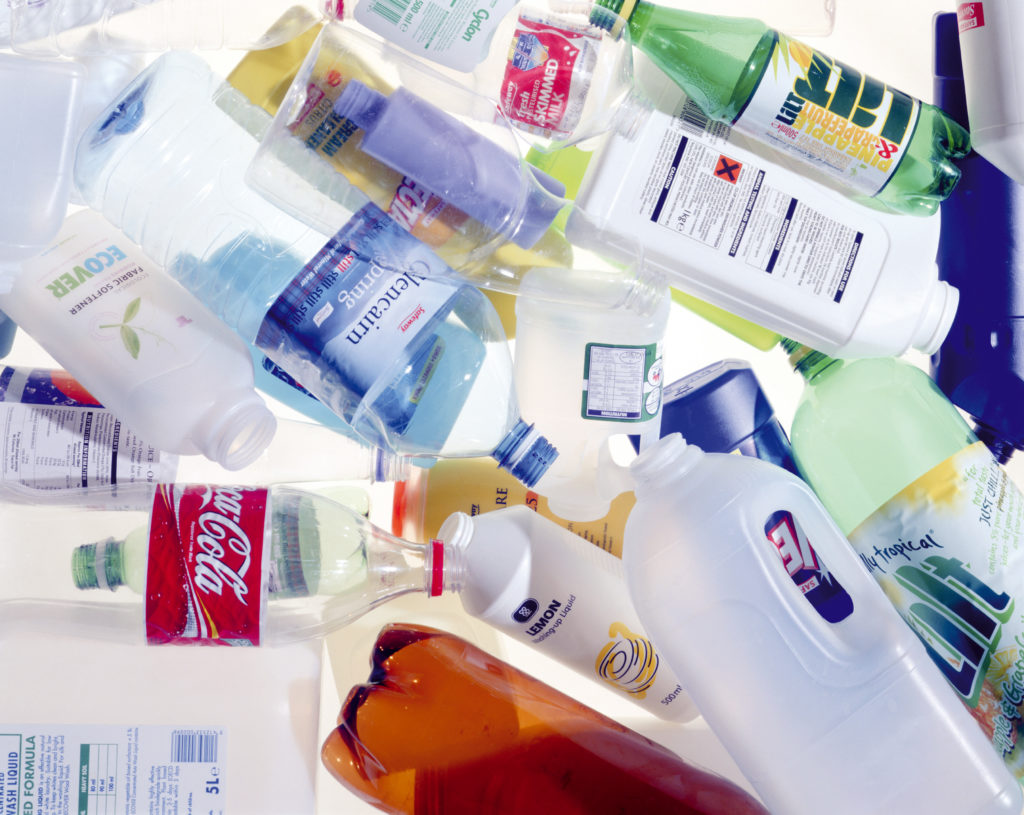A two-year project, entitled “PROVE”, has established a set of industry-wide generic standards for recycled plastics across a range of engineering applications.
Led by the British Plastics Federation (BPF) and the Consortium for Automotive Recycling (CARE Group), the study claims that it will give manufacturers – including car producers – the “confidence they need to use recycled plastics and reduce the amount of waste going to landfill”.
The claims of the study will be of particular interest for vehicle manufacturers as demands of the ELV Directive are implemented into UK law later this year. The new regulations will mean the car producers will be financially responsible for their share of recycling 80% of all ELVs by January 2006 and 85% by January 2015. The current rate is thought to be about 72%.
Although metals will make up the vast majority of these weight-based targets, a typical vehicle contains about 12% plastic, with elastomeric tyres and door seals adding a further 6%, and there have been some concerns in the industry about finding markets for ELV plastics.
Impact
But the PROVE project, which received funding from the Department of Trade and Industry, believes its research can have a real impact on the estimated 190,000 tonnes of automotive plastics sent to landfill every year.
Mercia Gick, senior advisor at the BPF, said: “By developing generic standards for engineering quality plastics and showing that plastics sourced from old cars can meet the required specification, we’ve hopefully paved the way for recycled and virgin materials to compete on a level playing field.”
But she warned: “It will take a massive cross-sector commitment to raise the current car recycling rate of 72% to meet the European target of 80% by 2006.”
European Metal Recycling's Derek Wilkins, who chairs the BPF’s automotive taskforce and is a spokesman for the CARE Group, said the project also provided fresh insight into the types and grades of spent plastics available to the automotive industry.
A survey carried out as part of the PROVE project found that although the quality of post-consumer plastics is recognised by the automotive supply chain, a third of design and purchase companies were aware sufficient volumes of recycled plastics could be sourced from end-of-life vehicles and a only quarter were aware recycled plastics could be cheaper than virgin material.
“The next step will be to overcome any economic and logistical hurdles, which may hinder the supply of plastics sourced from end-of-life vehicles on a commercial level,” Mr Wilkins said.
The PROVE study has also been endorsed by the Society of Motor Manufacturers and Traders, European Plastic Converters and the Institute of Materials, Minerals and Mining.
The full findings of the study will be revealed at a conference in June 2003, to be held at the Williams F1 Conference Centre. For more details, contact Gabrielle McGarvey by emailing gmcgarvey@prove-recycling.org








Subscribe for free